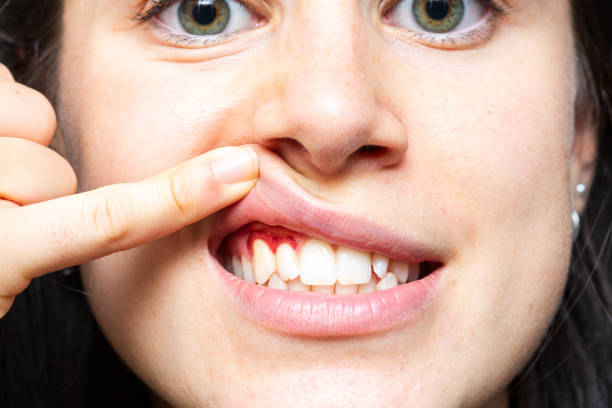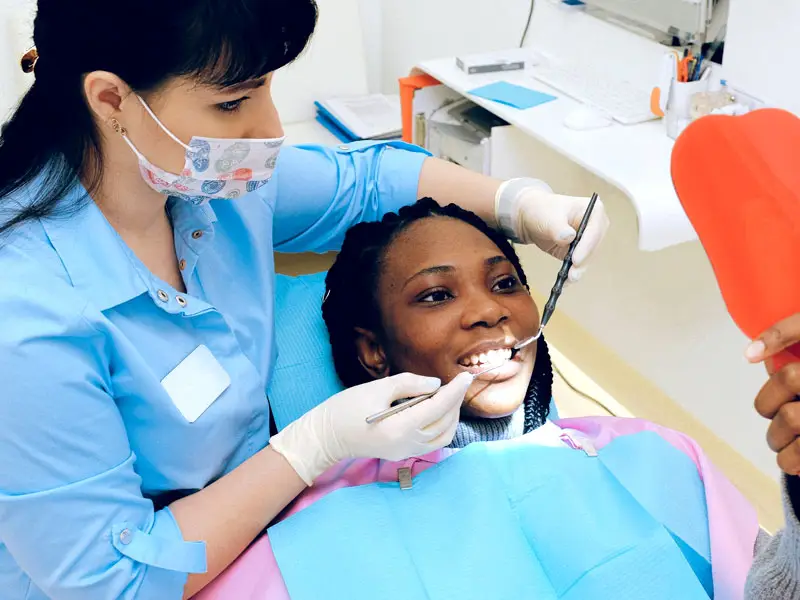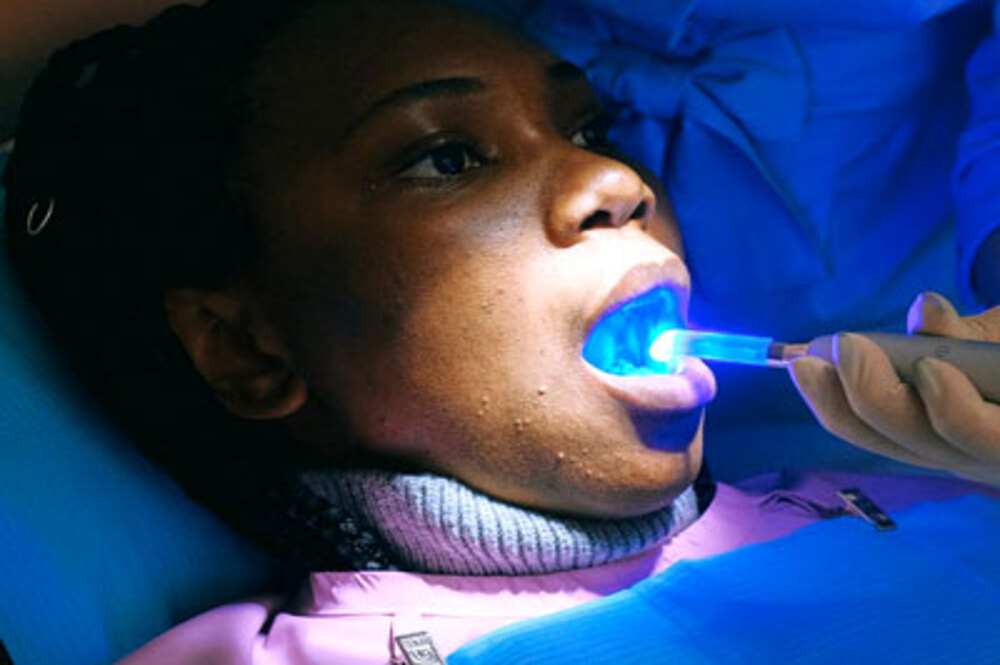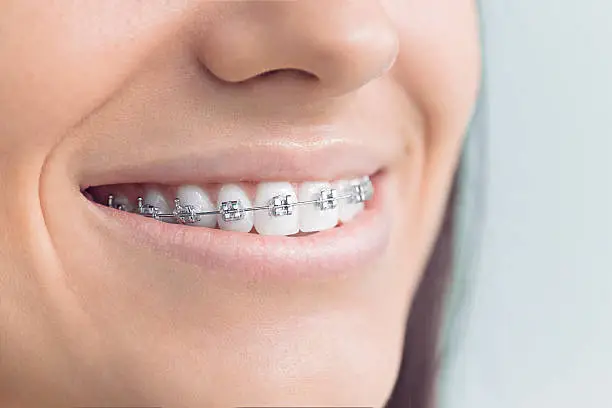We all have been very much aware of the health of our teeth. We quickly point out small cavities and get them restored, don’t we?
But we often forget to pay attention to the gums.
Gums or the tissues around the teeth are equally important for the overall health of the mouth.
Today we will have a look at gum diseases and preventive measures for healthy gums.
Few most common gum diseases are
- Gingivitis
- Periodontitis
- Gingival hyperplasia
Gingivitis :
Gingivitis in simple words is the inflammation of the gums. It can either be localized that is associated with single or few teeth or generalized that is associated with multiple teeth.
A few signs and symptoms of Gingivitis that you can look for include
- Redness in gums: if you are noticing a red area around the tooth margin it is a sign of inflammation in the gums.
- Swollen gums: Inflammation leads to swelling. Hence swollen gums should not be neglected.
- Bleeding gums: spontaneous bleeding or bleeding while brushing is one important sign of gingivitis. You need to visit your dentist if you notice such bleeding.
- Bad breath: if you have noticed bad breath or malodor in your mouth, you should look for any of the above-mentioned signs. The Gingival inflammation needs to be taken care of in such situations.
Periodontitis :
Periodontitis is the inflammation of all the surrounding tissues of the tooth which includes the bone, gums, and ligaments that attach the tooth to the bone. Again it can either be localized or generalized involving multiple teeth.
A few signs of Periodontitis include
- The recession of gum: if roots of teeth are visible due to the gum margin which is below the usual level, it is known as a recession of gums. It is the sign of inflammation of the underlying bone along with the gums.
- Gingival pocket: your dentist will be able to look for a Gingival pocket if it is present associated with your teeth. The gingival pocket is formed because of the loss of attachment of gums to the underlined tooth structure.
- Mobility of teeth: if the teeth are moving it suggests inadequate bone support. This loss of bone surrounding the tooth is mainly because of inflammation.
Gingival hyperplasia
Gingival hyperplasia is the overgrowth of the gums. It sometimes covers the majority of the tooth surface.
The Causes of Gingival hyperplasia are
- Excessive plaque deposits – local plaque deposition can lead to swelling
- Drug-induced Gingival hyperplasia – Certain medicines like phenytoin, cephalosporin certain calcium channel blockers can lead to drug-induced gum overgrowth.
- Genetic factors – it could be hereditary which may or may not be detected during childhood. It will be manifested at hereditary Gingival fibromatosis.
- Systemic factors – things like hormonal changes or other underlying issues can lead to Gingival overgrowth.
- Pregnancy-induced Gingival hyperplasia
- Puberty induced Gingival hyperplasia
- Gingival hyperplasia associated with chronic diseases
Though the risk of gingival disease includes Systemic factors and other things, the primary aggravating factor is the local plaque deposits and calculus.
Plaque deposits accumulate on the tooth surface after every meal or snack. This thin film is rich in bacteria that lead to gum inflammation. These deposits eventually calcify and harden to form calculus or tartar. This tartar keeps damaging the gums over a period of time.
Prevention and Treatment for Gum disease
- Maintaining the utmost oral hygiene is extremely essential to prevent gum disease
- Rinse thoroughly after every meal
- Brush your teeth twice a day using a soft toothbrush and follow proper brushing technique
- Visit your dentist for regular cleaning and scaling treatment.
- Your dentist may suggest minor treatments like flap surgery or gingivectomy depending on the situation of your gums.
For appointment you can always contact Microdent Dentistry.
Frequently Asked Questions (FAQs)
1. What is gingivitis?
Gingivitis is the inflammation of the gums caused mainly by plaque and bacterial deposits on teeth. It’s an early stage of gum disease that can lead to bleeding, swelling, and redness of the gums if not treated in time.
2. What are the main symptoms of gingivitis?
Common symptoms include red or swollen gums, bleeding while brushing, persistent bad breath, and tenderness around the gum line. If you notice these signs, consult a dentist near Swargate or Kothrud, Pune for an evaluation.
3. What causes gingivitis?
Gingivitis is usually caused by poor oral hygiene leading to plaque buildup. Other contributing factors include hormonal changes, smoking, diabetes, certain medications, and improper dental restorations.
4. Is gingivitis reversible?
Yes, gingivitis is completely reversible if detected early. Proper brushing, flossing, and professional cleaning (scaling) from a qualified dentist in Pune can help restore gum health.
5. What happens if gingivitis is left untreated?
Untreated gingivitis can progress to periodontitis, a severe gum disease that affects the supporting bone and may lead to tooth loss. Early diagnosis and regular dental visits can prevent this.
6. How is gingivitis treated at Microdent Dentistry, Pune?
At Microdent Dentistry, Dr. Kashmira Joshi offers professional scaling and root planing to remove plaque and tartar. She also provides guidance on oral hygiene techniques and, if needed, recommends advanced treatments like flap surgery or gingivectomy for severe cases.
7. Can gingivitis cause bad breath?
Yes. The bacterial infection and plaque buildup associated with gingivitis often cause persistent bad breath or an unpleasant taste in the mouth. Treating the gum inflammation usually helps eliminate bad breath.
8. How can I prevent gingivitis at home?
Maintain a daily oral care routine:
Brush twice a day with a soft toothbrush.
Floss regularly.
Rinse with an antibacterial mouthwash.
Limit sugary foods and drinks.
Visit your dentist in Pune every six months for professional cleaning.
9. Is gingivitis common during pregnancy or puberty?
Yes, hormonal changes during pregnancy and puberty can increase the risk of gum inflammation, leading to pregnancy-induced or puberty-induced gingival hyperplasia. Regular dental check-ups during these stages are essential.
Address: Ground Floor, block 4, Sarvadarshan Housing Society Opposite. Saraswat Bank, Nal Stop, Karve Road, Kothrud, Pune, Maharashtra 411004
Contact Us: 7264008000 / 9021681032
Find our clinic: Get Direction




